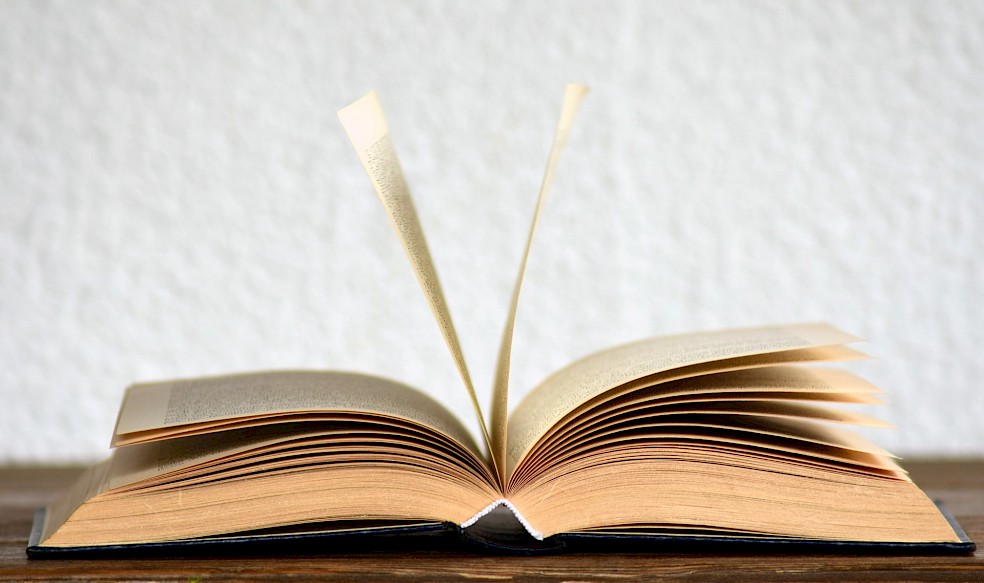Thematic Dictionary of Symbols
The purpose of this dictionary is to map graphic representations with their respective characteristics. We hope it will be useful when searching for a symbol whose name is unknown to you.
What is a symbol?
- A symbol is the perceptible representation of an idea, with features associated by a socially accepted convention.
- A symbol serves to represent an idea in some way that can be perceived through the senses and presents features linked to a convention accepted at the social level.
- The symbol does not possess similarities or a contiguity link with its meaning, but only establishes a conventional relationship.
- It is a sign without similarity or contiguity, which only has a conventional link between its signifier and its denoted, as well as an intentional class for its designated.
Etymology of the word
Source: http://etimologias.dechile.net/?si.mbolo
The word "symbol" comes from the Latin symbolum and this from the Greek σύμβολον (symbolon), sign, password.
In turn, the Greek word, derived from the verb συμβάλλειν. It is composed with the prefix συμ- < συν- (sin- = with, together) and βάλλειν (ballein = to throw, cast, shoot, see also: discobolus, amphibology) that is: to throw together and gather. (The opposite of the Greek word διαβάλλειν (diaballein) which gives us the word devil).
Originally, the symbol was an object divided in two, of which two people each kept half. These two parts together served to recognize the carriers of their commitment or debt.
Themes
Some of the themes covered are:
- Symbols of power
- Healing symbols
- Protection symbols
- Energetic symbols
- Cleaning and protection symbols
- Mystical and spiritual symbols
- Symbols of Divine Love
- Psychogeometry
- Sacred geometry
- Mandalas
- Platonic solids

